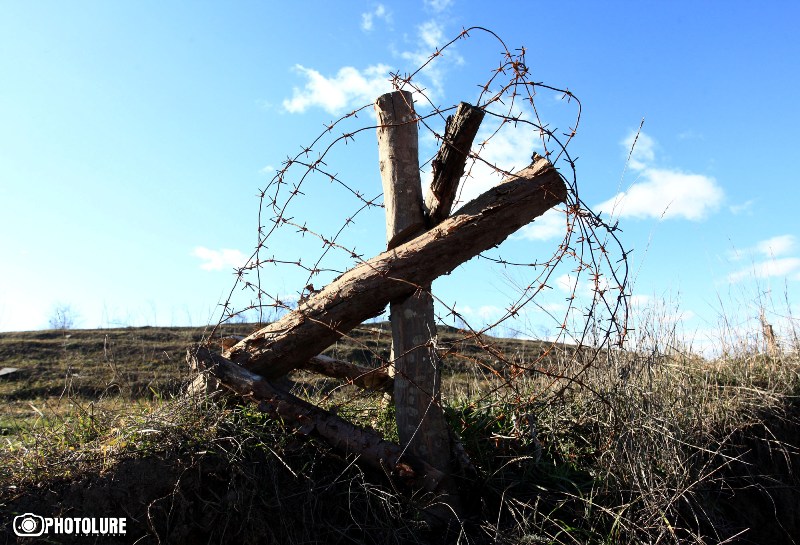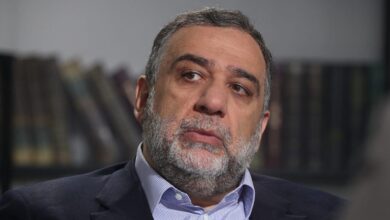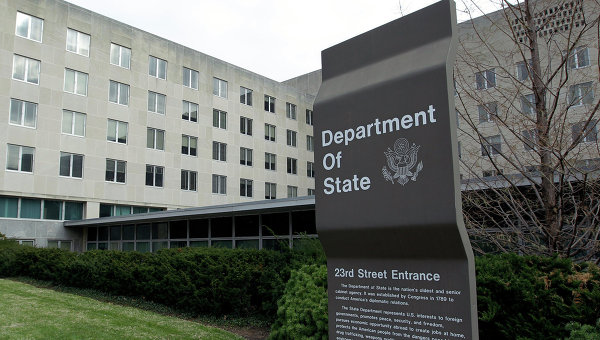
The trilateral agreement between Artsakh, Azerbaijan and Armenia came into force 26 years ago today
On May 12, 1994, the trilateral agreement on the full cessation of fire and hostilities signed by Artsakh, Azerbaijan and Armenia, under the mediation of Russia, entered into force.
The ceasefire agreement has been the only tangible achievement in the Azerbaijan-Karabakh conflict settlement process, which resulted from the full-fledged trilateral negotiations, with the direct and equal participation of one of the main parties to the conflict – the Republic of Artsakh, Artsakh’s Foreign Minister said in a statement.
“The path to the termless ceasefire was not easy. The previous attempts to put an end to the war were undermined due to the position of Azerbaijan, which, being confident of its military-technical superiority, hoped to solve the conflict by force. Diplomatic success was possible only after the Defense Army of Artsakh had repelled the armed aggression of Azerbaijan, ensured the safe borders of the Republic and thereby seriously undermined the potential of Baku aimed at resolving the conflict by military force,” the Ministry said.
It added that another obstacle on the path to the agreement on the establishment of termless ceasefire was the unwillingness of Azerbaijan to conduct direct negotiations with the Republic of Artsakh.
However, the Ministry noted, that after a significant weakening of its military potential, the Azerbaijani leadership not only stopped hindering the full involvement of official Stepanakert in the negotiation process, but on numerous occasions initiated direct contacts with the authorities of Artsakh, including at the highest level. Removing the main obstacle to the direct negotiations allowed to concentrate on issues of substance, thereby laying the foundation for the subsequent diplomatic achievement – establishment of full cessation of fire and hostilities.
“It is difficult to overestimate the full significance of the Agreement of May 12, 1994, which allowed to transfer the Azerbaijan-Karabakh conflict to the political-diplomatic track and to create conditions for the parties, with the support of the mediators, to focus their efforts solely on finding ways to the final settlement of the conflict through negotiations,” the statement reads.
“Unfortunately, this achievement was not developed in the subsequent years, due to the return of Azerbaijan to its previous policy of confrontation, threats and refusal to negotiate directly with Artsakh,” it continues.
“The example of the Agreement of May 12, 1994 demonstrates that the progress in the conflict settlement process depends on two key conditions: exclusion of any illusions for the possibility of resolving the conflict by force and organization of full-fledged trilateral negotiations, in which each of the parties to the conflict negotiates on its own behalf and on the issues within its competence,” the Foreign Ministry stated.
The Republic of Artsakh reiterates its commitment to the exclusively peaceful settlement of the conflict and exerts consistent efforts to fully maintain the ceasefire, while being ready to decisively prevent any attempt by Azerbaijan to unleash another aggression.








